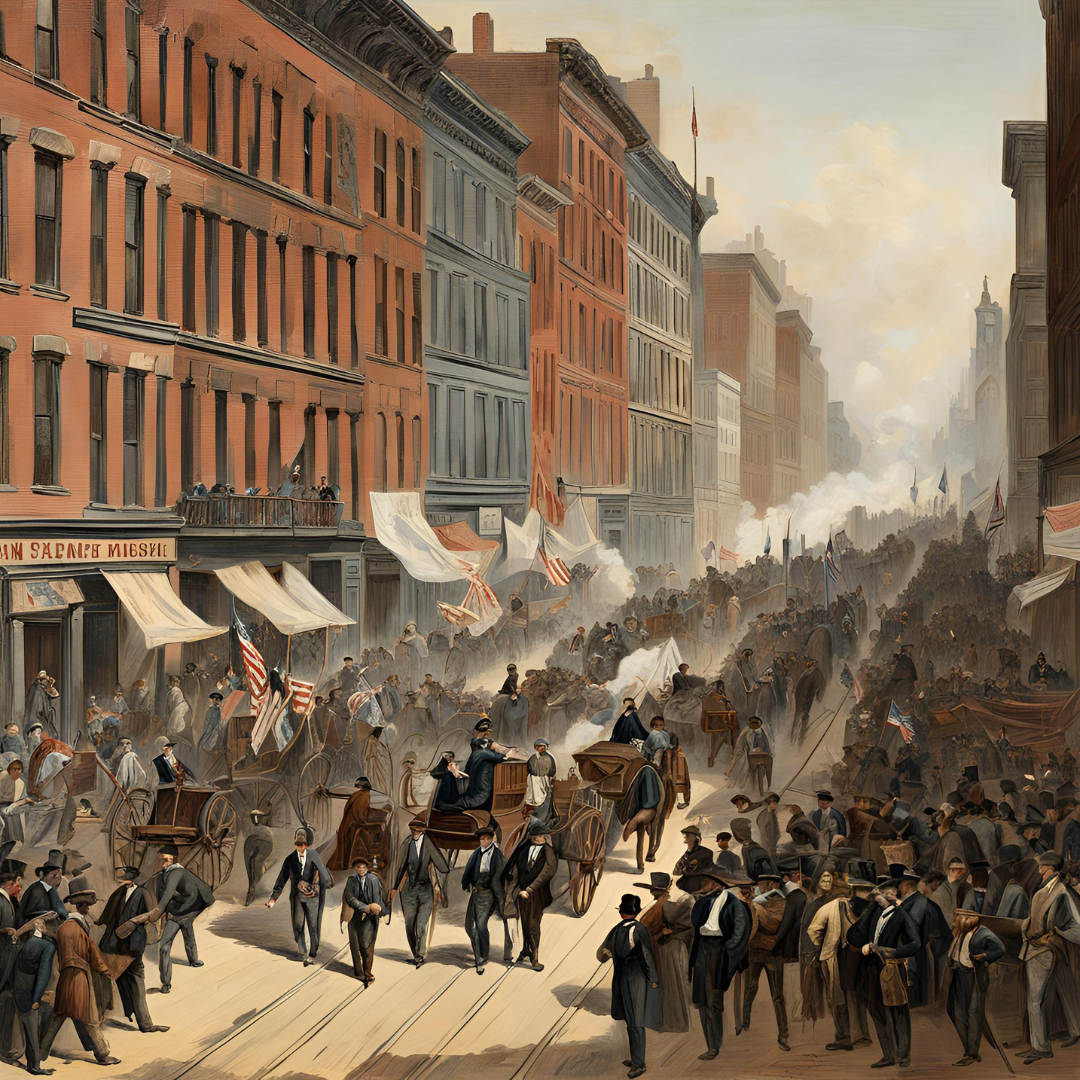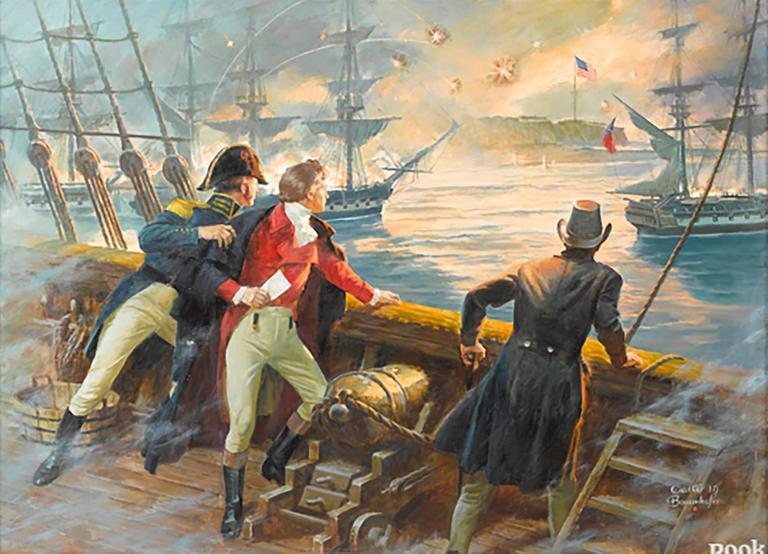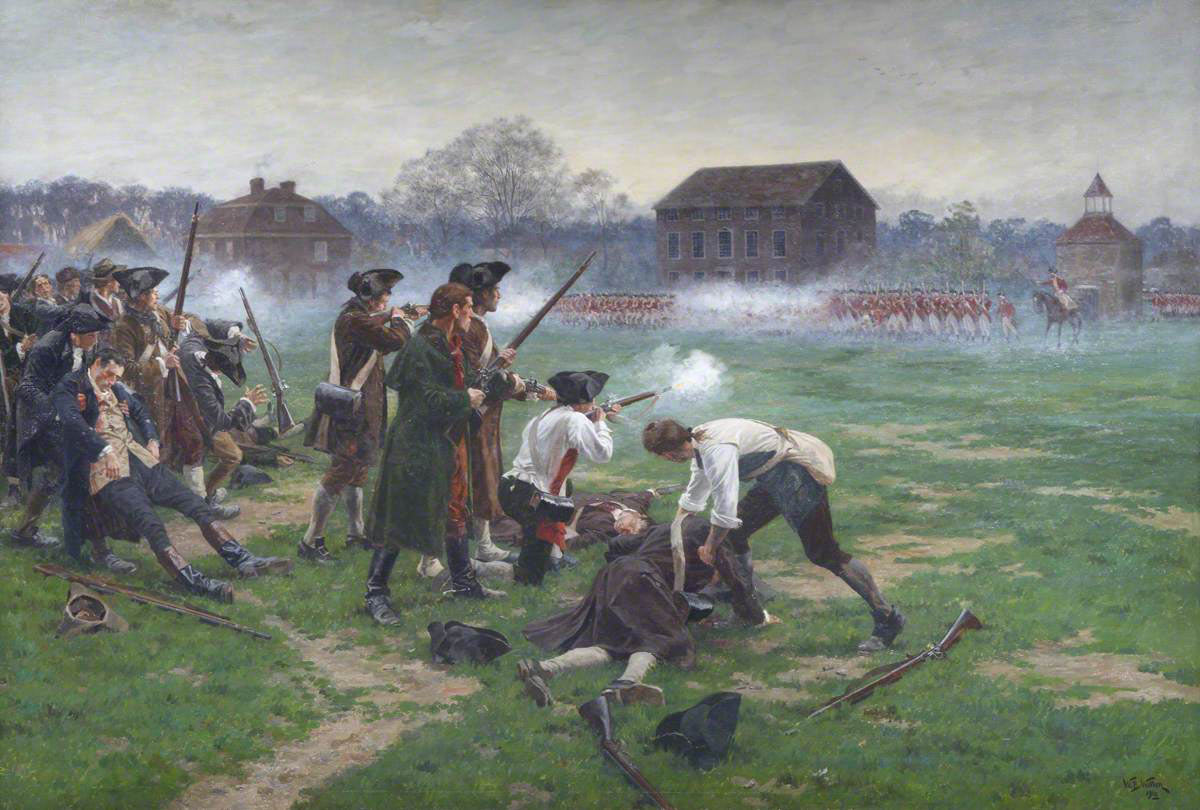If you had to choose the four most important freedoms to you, what would you choose? In his 1941 State of the Union address, Franklin D. Roosevelt put forward Four Freedoms ⧉ that are considered to be essential freedoms for democracy and human rights.
These are the Four Freedoms from FDR’s speech ⧉:
-
Freedom of Speech and Expression: The ability for people everywhere to express their thoughts and opinions without fear of censorship, retaliation or punishment.
-
Freedom of Worship: The opportunity for everyone to worship as they see fit.
-
Freedom from Want: Every nation is able to provide a “healthy peacetime life” for all of its citizens.
-
Freedom from Fear: The worldwide reduction of armaments so that no nation would ever be able to commit acts of physical aggression against another nation.
At the time of his 1941 address to Congress, World War II was raging, with most of Western Europe already under Nazi control. In his speech, a vision of hope was presented where the American ideals of equality, opportunity and freedom would spread to every nation.
Without delving into the history or politics of FDR’s Four Freedoms, here is a list of four five six freedoms that are essential for us today:
-
Freedom of Speech and Expression
Freedom of speech and expression is the right of a person to express their opinions and ideas openly, without fear of retaliation or censorship. It includes the right to protest peacefully, the right to petition the government, and the right to produce and distribute creative works of all types. It allows for public and private expression of opinions and dissent with government and government officials. The Freedom of Speech and Expression is absolutely imperative for a free society.
While the Freedom of Speech and Expression is essential to a free society, it does not give the right to commit perjury, divulge secrets, defame others, incite violence, threaten, or verbally assault others. With the right to speech also comes the responsibility to listen. People do not have to always agree, but they must at least listen.
-
Freedom of Religion
Freedom of Religion refers to the right of an individual to express their beliefs, practice their faith, and engage in religious observance publicly and privately without fear of persecution or interference. It means people do not have to compromise their core values and beliefs in order to conform to culture or government expectations. It supports the right to peaceably assemble and to express one’s religious beliefs to others. Freedom of religion is essential to a free society, but it does not grant the right to destroy the property of others or injure or kill in the name of religion.
-
Freedom of Decision
Freedom of Decision is the right of each individual to make choices and take action based on their own judgment, preferences, and values. It is the ability to act independently, within the law, free from external coercion or the undue influence of other people, external media, or religious or government entities or officials.
While freedom of decision is essential to a free society, societal norms, laws, and ethical boundaries set limits. Decisions that harm others or violate established laws face consequences. When a person makes a decision, they also accept the consequences of that decision, good or bad.
-
Freedom of Personal Defense
Freedom of personal defense refers to the right of each individual to protect themselves, their family and others from physical danger through the use of reasonable force ⧉ . It also includes the right to defend one’s property the property of others.
-
Freedom of Justice
Freedom of justice means that every person has access to an unbiased, and incorrupt justice system where individuals are treated fairly in accordance with the law. It ensures access to qualified, impartial legal representation for all citizens and requires law enforcement to act appropriately before, during, and after an arrest. Additionally, it prevents the creation of laws that would retroactively criminalize conduct.
-
Right to Privacy
The Right to Privacy means that a person’s personal information and private life are protected from public scrutiny and unwanted intrusion. It includes the:
- Freedom from Unwarranted Publicity ensuring that personal information is not revealed to the public without consent.
- Protection Against Intrusion, preventing others from intruding into one’s private matters and activities without legal justification.
- Authority over Personal Information, allowing individuals to decide who has access to their personal information and how that information can be used.
- Privacy of Personal Communications, guaranteeing that private conversations and communications, whether in person or by any other means, are kept confidential and not listened to, read or shared without consent.
- Freedom from Undue Search and Seizures, ensuring that individuals have the right to secure their persons, papers, and property against unreasonable, unlawful and unwarranted searches or seizures (physical or digital) by law enforcement or government officials.
Individual Freedom and the Role of Government
Any time government and freedom are discussed together, it’s important to emphasize that government does not grant individual freedom, God does. The government has the responsibility to protect God-given freedoms and to administer a fair and impartial legal system that upholds justice and equality and the rights of the people.
Why these four five six freedoms?
When FDR gave his list of Four Freedoms, he had a clear goal in mind. Roosevelt wanted to inspire Americans and shape post-war policies by promoting democracy, human rights, and global stability. Similarly, the freedoms described above were chosen to inspire and draw attention to the many freedoms that we enjoy, but freedoms that are severely under attack, often by the very government tasked with defending them.
As citizens of this great country it is our task to stand up and protect our freedoms. We must vote for those who are willing to stay the course, do what is often difficult and unpopular and stand for what is right. It is up to us if we are to pass freedom to the next generation.


